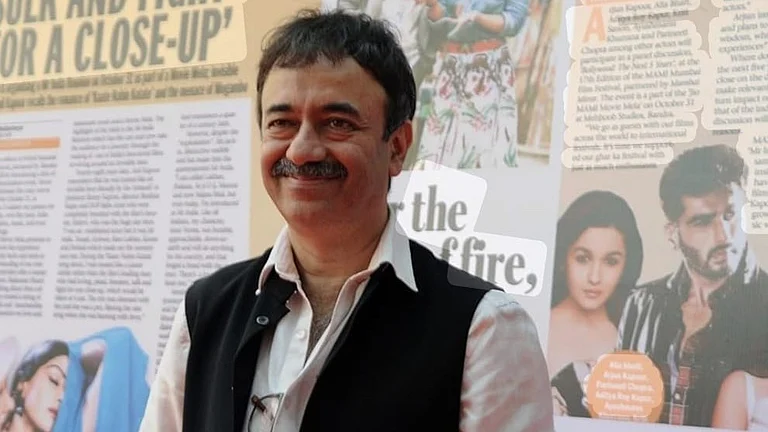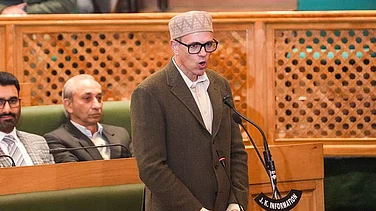India has condemned China for blocking the proposal at the United Nations for designating Sajid Mir, a Pakistan-based Lashkar-e-Taiba member as a global terrorist. Mir is wanted for involvement in the Mumbai terror attack of November 20, 2008.
According to the reports, India has asserted, "we have righteous reasons to believe that something is genuinely wrong with the global counter-terrorism architecture" if the proposal to blacklist the said terrorist does not get through even after several member states of the UN co-sponsoring it.
One of the member states is the Unites States who along with India had jointly moved the proposal of blacklisting Sajid Mir under the 1267 Al Qaeda Sanctions Committee of the UN Security Council. The proposal not only blacklists him as a global terrorist but also demands to freeze his assets, ban travelling and an arms embargo to be conducted.
Reportedly, New Delhi has said, "If we cannot get established terrorists who have been banned across global landscapes proscribed by the United Nations - for petty geopolitical interests - then we really do NOT have the genuine political will to sincerely fight this challenge of terrorism."
A few questions were raised by India for the UN, which are reportedly, "In this day and age of accountability and transparency, can we have genuine listing proposals blocked without giving any reason for the same?" along with that, another question was, "can we allow for the submission of proposals under the garb of anonymity?"
What did China do?
According to the reports China initially paused the said proposal at the UN in September, 2022 and now it has blocked it.
Who is Sajid Mir?
Sajid Mir, one of India's most wanted terrorists, has a US bounty of five million dollars on his head for his role in 2008 Mumbai terror attacks. The terrorist is believed to have coordinated the attacks from outside India, and is sought for his role in the deaths of 166 people.
In June last year, Mir was jailed for over 15 years in a terror-financing case by an anti-terrorism court in Pakistan.
Reportedly, Pakistani officials had in the past claimed Mir had died, but various nations were skeptical and demanded proof of his death. This became a major sticking point in Anti-Terror funding body Financial Action Task Force's assessment of Pakistan's progress on the action plan last year.
In 2017, India presented audio clips from Mir as proof of his involvement in the Mumbai terrorist attack. In one clip, Mir is heard directing the attack on Chabad House, one of the terror targets in the Mumbai attack.
Reports say that the said clip was played again today during India's statement, saying, "Please listen to this sound file recorded even as the terror attacks were unfolding. This is SAJID MIR - directing the terrorists - on the phone - to hunt down foreigners at the Taj Hotel and kill them indiscriminately."
India raised a concern reportedly saying, "increasing disconcerting trend to get religion or one kind of religiophobia inadvertently inserted in the terrorism discourse" urging other member states to understand.
"Representing a pluralistic and diverse democracy, which is home to all religions of the world, it is our considered submission that the United Nations Global counter terrorism architecture must treat all religions equally and avoid any selective singling out that tends to elevate one religion over another," New Delhi reportedly said today.


























